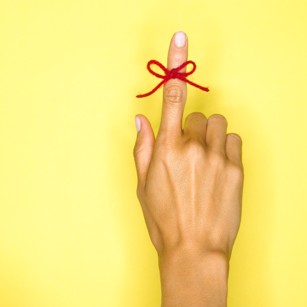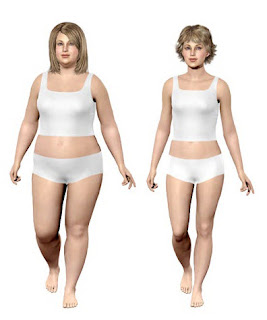It must be admitted. The long winter holiday season, with its emphasis on "the feasting, the whole feasting, and nothing but the feasting" is the biggest part of the backsliding on a low-carb Way of Life.
Year after year, people do wonderfully with cravings and weight control... until the holidays, when they fall back into bad habits. From being driven by sentiment, to wanting to be polite, and the fact that "those foods" are now "made special," people slide into making one exception after another.
One temptation category is known as "comfort foods." These starches are the base for tasty toppings in almost infinite variety.
But the puzzling part is that this base is the least appealing of all foods.
Pasta, mashed potatoes, bread... these are not tasty foods.
If a part of our brain is protesting this cannot be, this was the exact thing we were craving, does that mean we would eat plain boiled pasta, an unadorned baked potato, or a naked slice of bread?
Nobody means that. Nobody does that.
Because they have no flavor.
How can we crave foods that have no flavor?
What we are craving is something else that starchy foods give us; something that is only coincidentally a matter of taste. The starch breaks down in our bloodstream as a "sugar rush."
At first, having abundant glucose in our blood perks up our brain. We feel sharper. Then, as the first release of insulin reaches our blood, it signals our muscles to relax and take in sugar. We feel more relaxed.
So when we realize it is the emotional effects of these foods we are craving, we can see them differently.
If this is the only way we know to reliably bring about this state, this kind of feedback is impossible to give up. The body must have relief from stress. It will come up with a million ways to get us to eat that.
However, starches have certain qualities that can be duplicated with vegetables; with better health results. Spaghetti squash is a well known example, but there's also zucchini, cauliflower, and mushrooms as healthy support for sauces. This will not push-crash our blood sugar.
Once we realize what is going on with starches, we find that the aftermath is also reliable. It leads to wild swings in our bodies and we become exhausted from trying to bring the body "out of the swerve." We ache from increased water, we feel queasy from the low blood sugar and we are dazed from the effects of the high end.
As we wonder what was so great about these foods, we get the breathing room to realize: we now have better ways of comfort.
Year after year, people do wonderfully with cravings and weight control... until the holidays, when they fall back into bad habits. From being driven by sentiment, to wanting to be polite, and the fact that "those foods" are now "made special," people slide into making one exception after another.
One temptation category is known as "comfort foods." These starches are the base for tasty toppings in almost infinite variety.
But the puzzling part is that this base is the least appealing of all foods.
 |
| Found in nature, but not alive. |
If a part of our brain is protesting this cannot be, this was the exact thing we were craving, does that mean we would eat plain boiled pasta, an unadorned baked potato, or a naked slice of bread?
Nobody means that. Nobody does that.
Because they have no flavor.
How can we crave foods that have no flavor?
What we are craving is something else that starchy foods give us; something that is only coincidentally a matter of taste. The starch breaks down in our bloodstream as a "sugar rush."
At first, having abundant glucose in our blood perks up our brain. We feel sharper. Then, as the first release of insulin reaches our blood, it signals our muscles to relax and take in sugar. We feel more relaxed.
So when we realize it is the emotional effects of these foods we are craving, we can see them differently.
If this is the only way we know to reliably bring about this state, this kind of feedback is impossible to give up. The body must have relief from stress. It will come up with a million ways to get us to eat that.
However, starches have certain qualities that can be duplicated with vegetables; with better health results. Spaghetti squash is a well known example, but there's also zucchini, cauliflower, and mushrooms as healthy support for sauces. This will not push-crash our blood sugar.
Once we realize what is going on with starches, we find that the aftermath is also reliable. It leads to wild swings in our bodies and we become exhausted from trying to bring the body "out of the swerve." We ache from increased water, we feel queasy from the low blood sugar and we are dazed from the effects of the high end.
As we wonder what was so great about these foods, we get the breathing room to realize: we now have better ways of comfort.























